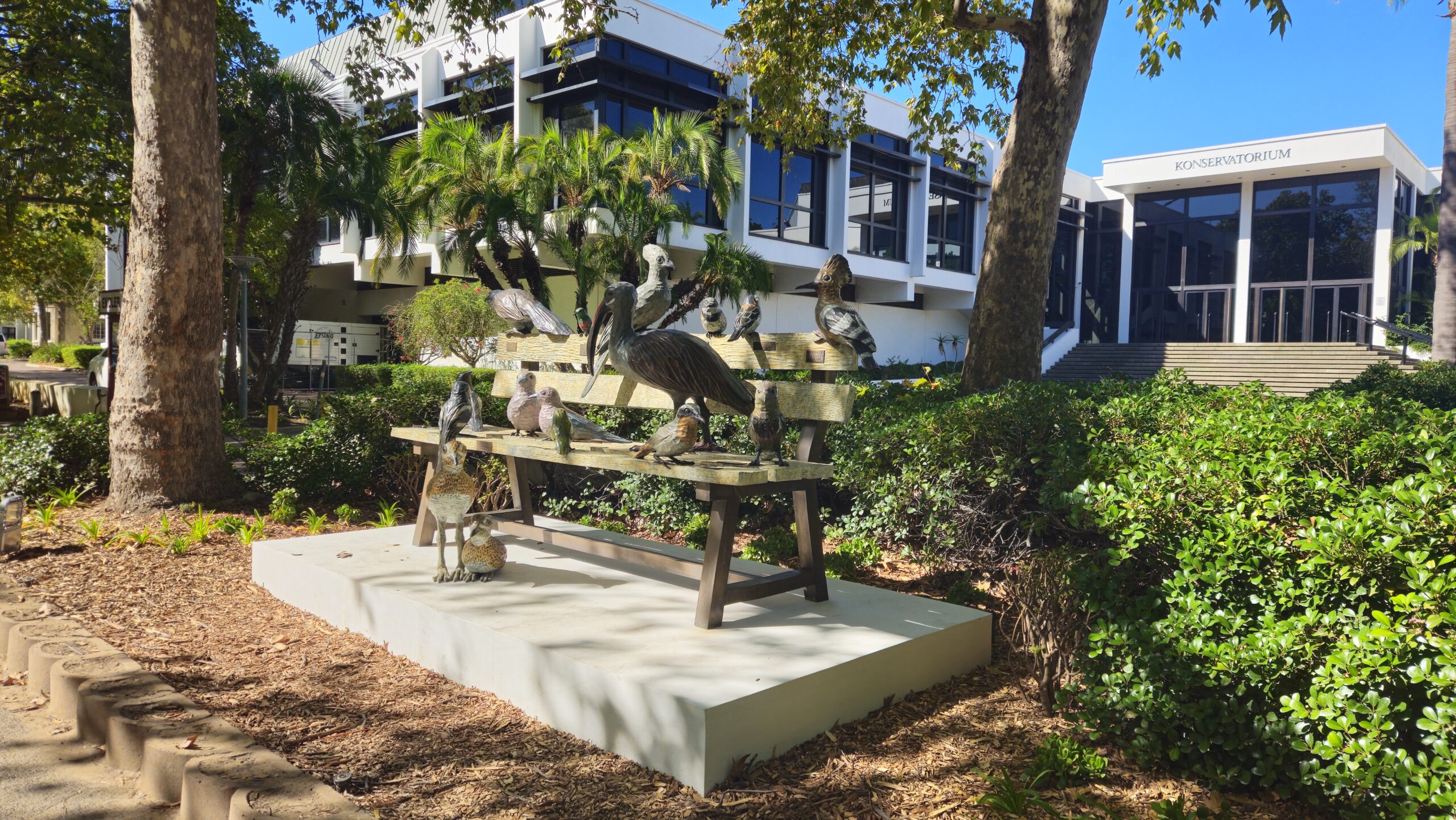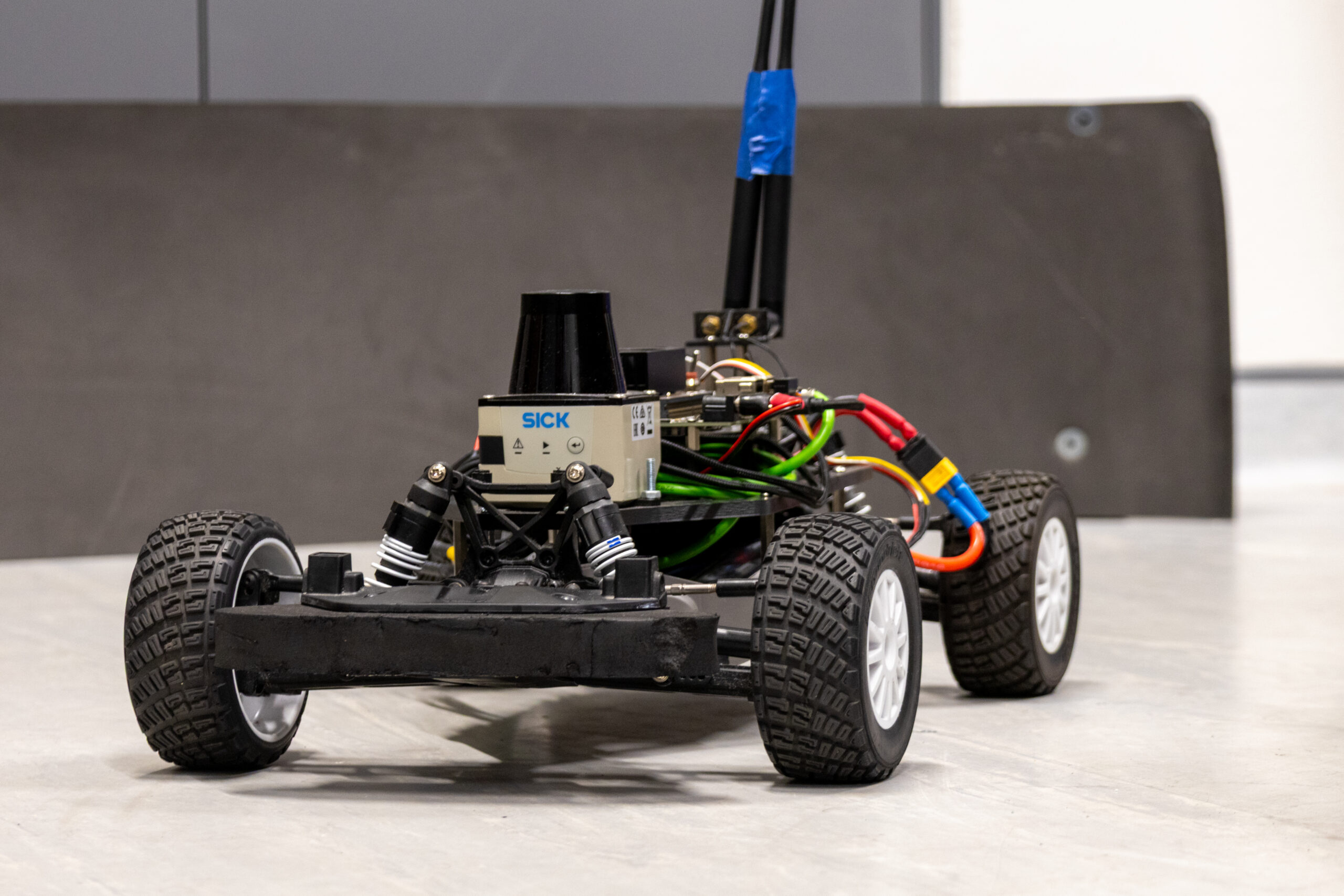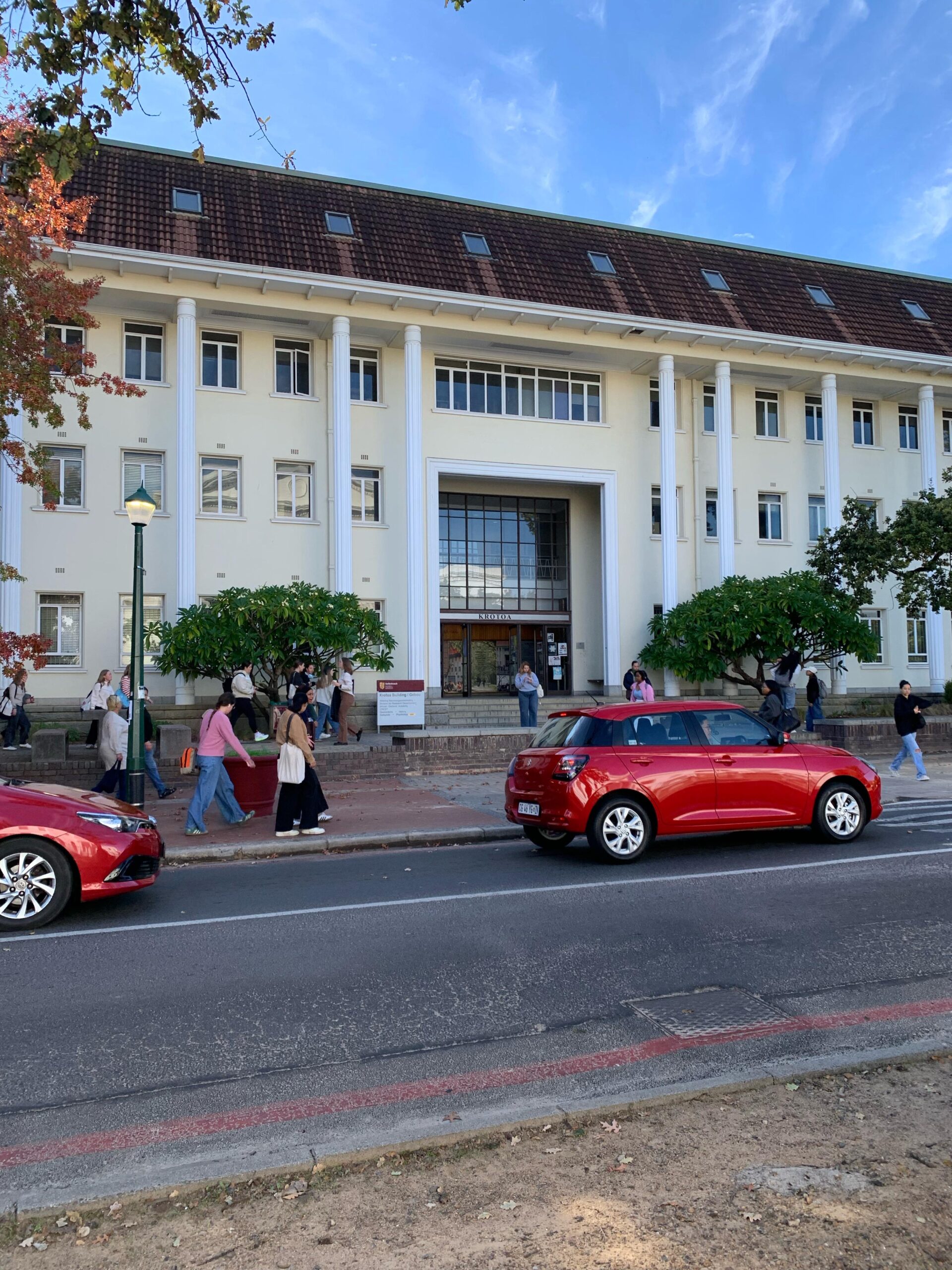By Flavia Davids
Doctoral candidate Stanely Chindikani Msiska’s achievement at Camp 2030 made Stellenbosch University (SU) the topic of international acclaim. Camp 2030 is an innovation lab centred around realising the United Nations (UN)’s Sustainable Development Goals (SDGs) by 2030. The six-day conference was held in New York in September 2022. It boasted 200 participants from all over the world, who banded together to create ideas and solutions to achieve the various SDGs of the United Nations. Msiska is from Rumphi, a town in the northern district of Malawi and is pursuing a doctorate in chemical engineering at SU.
Msiska is not only a doctoral candidate, he has also been working as a lecturer at the Malawi University of Science and Technology since obtaining his master’s degree in 2019. Together with group members Felipe Contreras, Inbar Erez, Muskaan Waraich and Ashley Wunsch, who hail from Mexico, Israel and Canada respectively, Msiska created Maji. Maji is a virtual platform designed to solve the global water and sanitation crisis mainly affecting developing countries.
The innovative idea garnered massive success and obtained a third place at the conference.
“[Maji] will help spread information on places requiring maintenance and servicing of water systems. This will ensure people have access to clean water,” said Msiska.
With Maji, Msiska could combine his fascination with chemical engineering, a field that deals with the production and conversion of raw materials into finished products, with his passion for helping people. He is also hopeful that Maji will generate employment opportunities for community members to collect data regarding water quality.
While they are still in the process of getting Maji patented, Msiska and his team have decided that Maji will inaugurally be implemented in the Malawian capital of Lilongwe, where water shortages have become a common phenomenon and have resulted in residents turning to unsafe water sources to meet their needs.
Msiska and his team are proud of their achievement at Camp 2030. Msiska has offered a glowing report of his experience at Camp 2030, which saw him interacting with people from all over the world.
“The conference was huge! We were challenged to devise solutions to various problems and interact with right-minded people while sharing knowledge and experience. [It] was truly amazing,” he explained.
After reflecting on the experience, Msiska explained that he learnt a great deal. The conference reaffirmed his conviction that problems can be solved through questioning, interaction and conversation.
“We have endless time and energy,” Msiska said. “Even within one week, one can tackle and solve big problems.” So, imagine what can be done with the same brainpower but more time.
After his experience at Camp 2030, Msiska has renewed hope in using his platform to create change. He has seen the value of collaboration in solving issues and believes life is about impacting and developing solutions to problems. Msiska challenged students to employ outside-the-box thinking to create a better world.
“For us as students, it’s not enough to simply be a student. Let’s do way more than that. There are many extra-curricular activities that we can take part in. Let’s explore,” he said.



